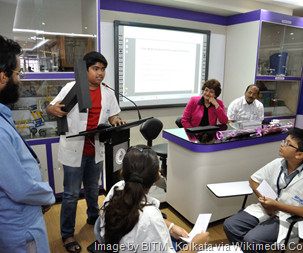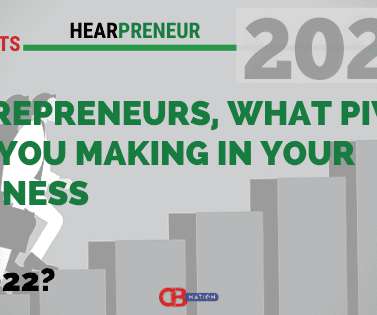Why Startups are Agile and Opportunistic – Pivoting the Business Model
Steve Blank
APRIL 12, 2010
The Search for the Business Model. A startup is an organization formed to search for a repeatable and scalable business model. Investors bet on a startup CEO to find the repeatable and scalable business model. They may draw their business model formally or they may keep the pieces in their head.










































Let's personalize your content